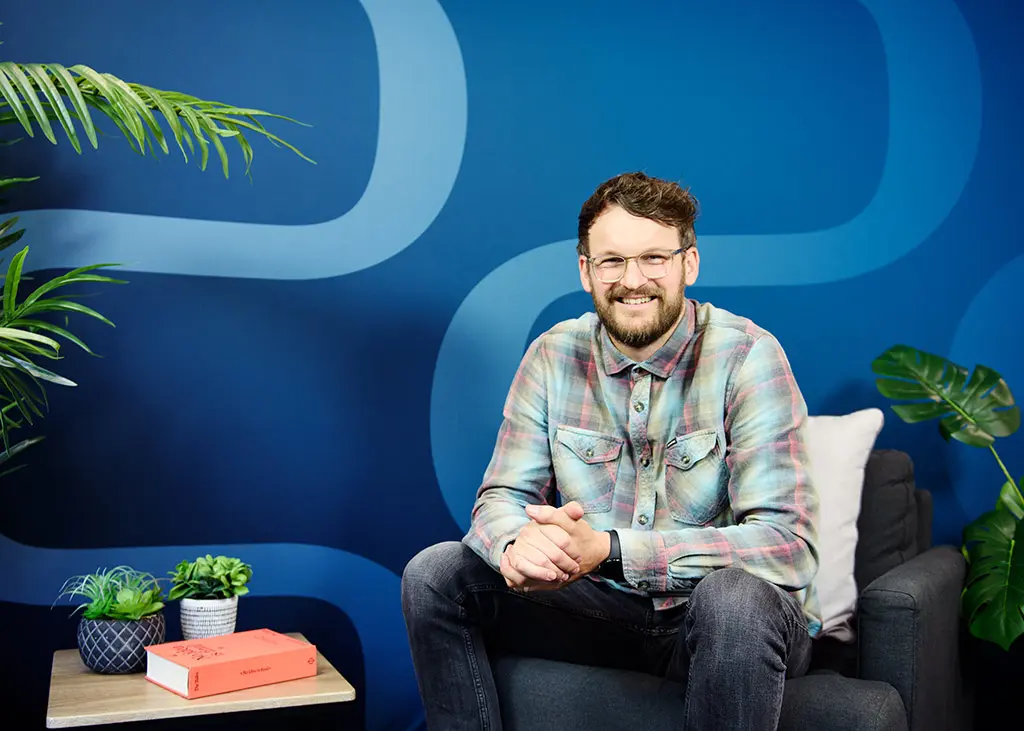As a leading communications agency specialising in the built environment, one of our key priorities when delivering any engagement activity is that it is accessible – we are all affected by the built and natural environment and should all have a stake in how it is managed and developed.
We worked with Neurodiversity in Planning and a working group of industry professionals to launch a new toolkit to promote best practice when consulting with neurodivergent people about the built environment.
Neurodiversity is the diversity of all human brains. It includes people with Dyslexia, Autism, ADHD and Dyspraxia, amongst other neurological conditions. These individuals are referred to as ‘neurodivergent’, and account for more than 15% of the UK’s population.
These conditions can create challenges and opportunities when undertaking engagement activity, which may result in neurodivergent people being excluded from the planning process.
We could all be better at communicating more concisely, clearly and impactfully. We hope that the toolkit will help to start a conversation and help to inform changes in planning and the ways in which we engage with each other.
Jenny Offord, Neurodiversity in Planning
Our toolkit provides seven principles to guide those engaging with the public and stakeholders as part of planning and infrastructure development as to how they can make their consultation accessible for a neurodiverse audience.
The principles aim to make it easier for all people to be able to contribute to, influence and participate in planning, and to support people to be able to contribute to planning as suits them best rather than as is easiest for industry professionals.
More than 1 in 7 people in the UK are neurodivergent, but often little thought is given to ensuring that engagement and consultation activity is accessible to this significant portion of the population. Accessibility measures can often have a narrow focus and be grounded in personal preference, rather than what would work best for large numbers of people.
Our toolkit seeks to change this by providing practical advice on how to ensure that engagement is genuinely open to everyone. These tips range from small changes which can have a huge impact on the ability for neurodivergent and neurotypical people alike to participate in the planning process, to ideas targeted specifically at broadening access for the neurodivergent.
Stephen Pomeroy, CEO, BECG
To develop the toolkit, BECG led a working group of planning professionals. The working group included Jenny Offord (Neurodiversity in Planning), Jan Bessell (Strategic Planning Adviser, Pinsent Masons), Rebecca Skinner (Senior Development Manager, Mount Anvil) and Paul Kallee-Grover (Group Planning Director, Leith Planning Group). The group also sought input from an array of neurodiverse voices, including specialists Genius Within.




